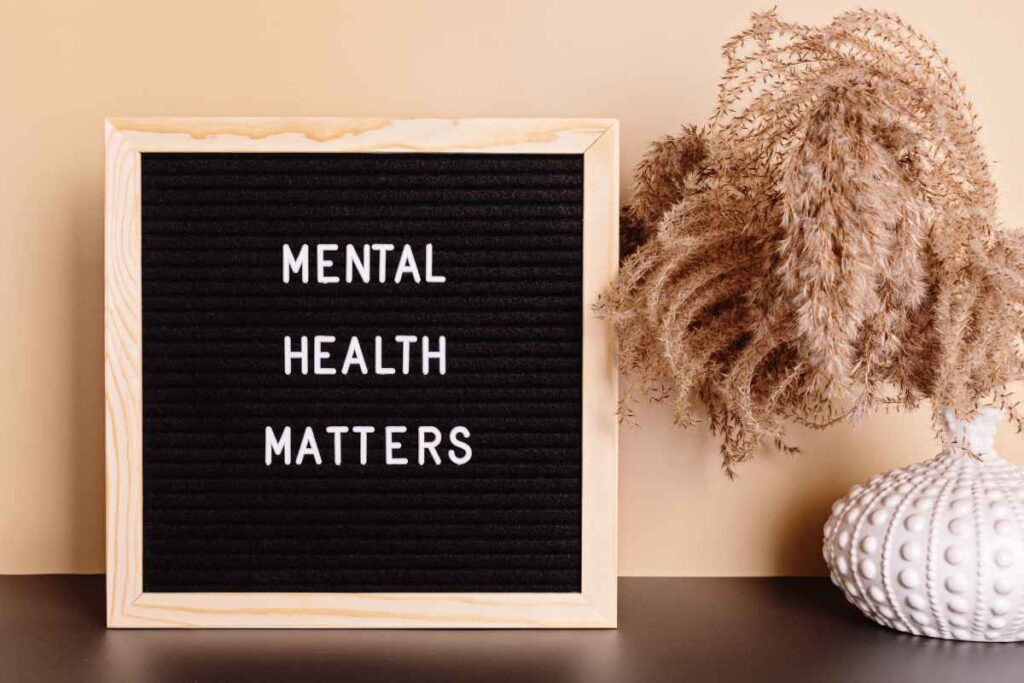Mental Health: A Guide to Well-Being in Relationships
Mental health is the foundation of a happy, fulfilling life, and it plays a vital role in building and maintaining healthy relationships. Here, we explore essential mental health practices that support both individual and relationship well-being. By nurturing your mental health, you create a stable environment where you and your partner can thrive together.

1. Self-awareness for mental health: Prioritize Self-Awareness and Emotional Intelligence
Understanding your own emotions, triggers, and needs is the first step toward maintaining mental wellness. Practicing self-awareness allows you to manage your feelings constructively, improve communication, and reduce relationship conflicts. Emotional intelligence enables you to empathize with others and fosters a deeper connection with your partner.
2. Mindfulness exercises for mental health: Practice Mindfulness and Stress Reduction Techniques
Mindfulness encourages you to be present, helping to alleviate anxiety and stress. Practicing simple techniques like deep breathing, meditation, or mindful journaling can ease mental strain. Reducing stress leads to more positive interactions, enhancing relationship satisfaction.
3. Importance of boundaries in mental health: Set Boundaries to Protect Your Mental Well-Being
Healthy boundaries ensure you maintain your personal space and respect your limits. Clear boundaries reduce mental overload, allowing you to recharge and prevent burnout. This practice nurtures self-respect and encourages mutual understanding in relationships.
4. Benefits of self-compassion for mental health: Engage in Positive Self-Talk and Self-Compassion
Replace negative thoughts with positive affirmations, practicing self-compassion daily. Embracing self-compassion strengthens resilience and reduces self-criticism, allowing you to show up as your best self in relationships. By being kind to yourself, you foster emotional stability and strengthen your capacity for empathy.

5. Mental health support resources: Seek Support When Needed
It’s essential to seek help if you’re struggling with mental health challenges. Support from therapists, support groups, or online communities can provide effective strategies for managing emotional stress. Seeking help demonstrates self-awareness and commitment to well-being, benefiting you and your relationship.
6. Work-life balance and mental health: Promote a Healthy Work-Life Balance
Balancing work and personal time helps reduce stress and prevents burnout, fostering a positive mental state. A healthy work-life balance allows you to dedicate time to your partner, enhancing your connection and mental resilience.
Mental health is the key to stronger relationships. Prioritizing mental health not only enriches your own life but also strengthens your relationships. Discover more insights on Personal Development and Stress Management for additional guidance on nurturing self-care and building a balanced life with your partner.
